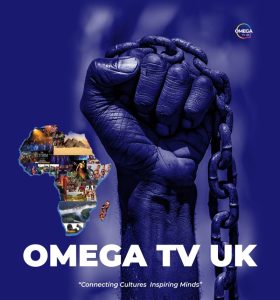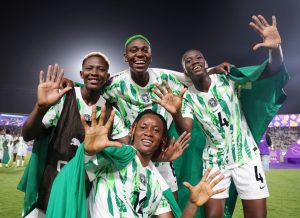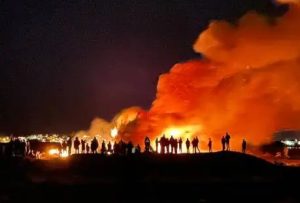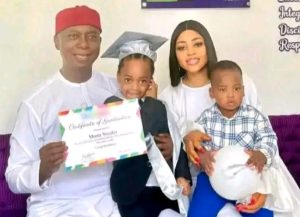How Trump wants the US to cash in on mineral-rich DR Congo’s peace deal
4 min read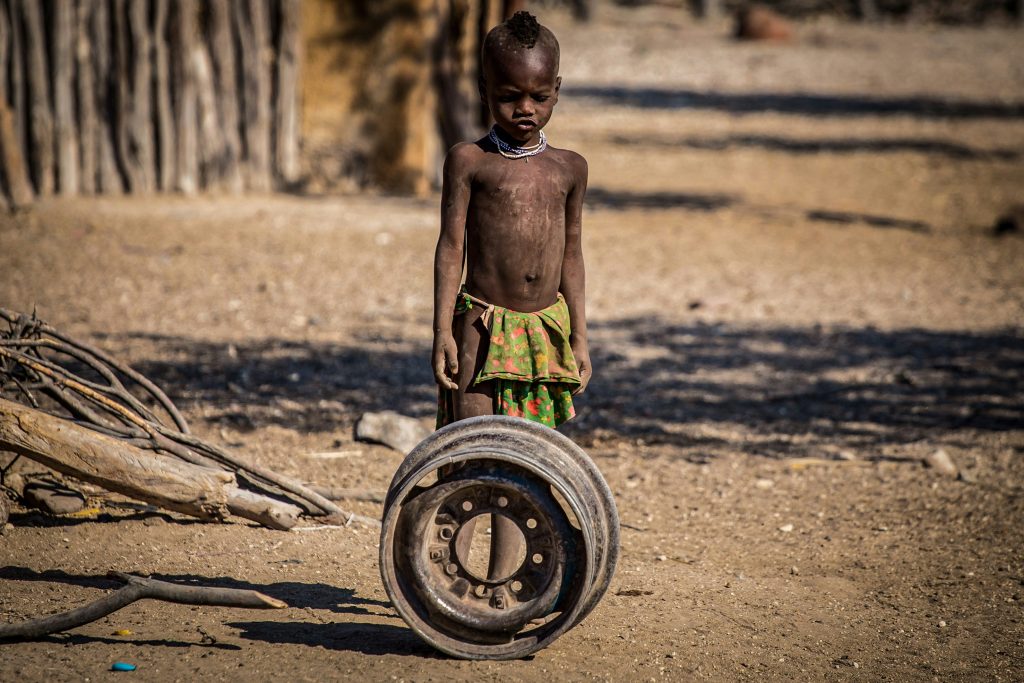
Trump’s Congo peace push blends diplomacy with US mineral interests in Africa.
Trump’s DR Congo Peace Deal Aims to Boost US Access to Critical Minerals
Trump Administration Launches Controversial Peace Initiative
Trump The Trump administration is championing a peace effort aimed at ending decades of violence in eastern Democratic Republic of Congo (DR Congo), which has long been plagued by conflict and foreign interference. The peace deal, also involving Rwanda, is part of a broader strategy to secure access to DR Congo’s mineral wealth resources vital for powering modern technologies including AI and electric vehicles.
DR Congo’s Mineral Wealth Draws US Attention
DR Congo holds an estimated $25 trillion in mineral reserves, including cobalt, copper, lithium, manganese, and tantalum. These minerals are crucial for manufacturing electronic devices, military hardware, and green energy technologies. Much of this supply currently flows to China, prompting the US to increase its involvement to secure its own interests in the global tech race.
Peace Deal as a Vehicle for Economic Interests
President Donald Trump is expected to host DR Congo’s President Félix Tshisekedi and Rwanda’s President Paul Kagame to finalize a peace agreement. Trump has called the deal a “glorious triumph,” indicating that it will open doors for American investment in DR Congo’s mining sector. The move represents a shift in US foreign policy, merging peace efforts with strategic economic goals.
Experts Weigh In on Trump’s Peace Model
Alex de Waal, head of the US-based World Peace Foundation, described the initiative as a blend of “populist performance with commercial deal-making.” He warned, however, that the US is trying to catch up with China, which already controls large portions of Congo’s minerals. The new model, he said, may gain traction in other conflict areas like Sudan if it delivers stability and resource access.
Risks to DR Congo’s Sovereignty and Long-Term Gains

Professor Hanri Mostert of the University of Cape Town warned that DR Congo might lose sovereignty over its minerals under this deal. She compared the model to China’s “resource-bartering” deals in countries like Angola, where infrastructure was exchanged for oil with limited long-term gain. Mostert questioned how long DR Congo would have to trade away resources to maintain peace and security.
M23 Rebel Offensive and the Illicit Mineral Trade
The M23 rebel group, active in eastern DR Congo, launched a major offensive earlier this year. According to UN reports, M23 smuggled minerals into Rwanda, where they were mixed with local production and exported globally. Rwanda denies backing the rebels, though the UN has documented Rwandan troop presence in Congo. These activities complicate peace negotiations and undermine regional trust.
US and Qatar Working on Parallel Peace Tracks
While the US focuses on regional diplomacy, Qatar is mediating between the DR Congo government and the M23 rebels. Analysts note that Qatar, with substantial investments in Rwanda, was invited into the process by Kigali. Although both countries are coordinating efforts, experts caution that parallel peace tracks must be aligned to avoid contradictions in implementation.
Key Provisions of the Peace Agreement
The DR Congo-Rwanda deal includes plans for a “regional economic integration framework” aimed at preventing illicit trade and fostering legal investment. A ceasefire is expected to take effect, and further talks are planned to finalize a comprehensive agreement with the M23 rebels by August 18. A new “security co-ordination mechanism” is also to be launched within 30 days.
CHECK ALSO| Churchgoers killed in DR Congo attack linked to Islamic State
Challenges Ahead Despite Fast-Paced Negotiations
Analyst Onesphore Sematumba from the International Crisis Group warned that despite progress, the road to lasting peace remains long. The M23 rebels, while agreeing in principle to recognize state authority, refuse to cede territory. Negotiators must also resolve Rwanda’s demand to neutralize the FDLR militia a group linked to the 1994 genocide and DR Congo’s insistence on simultaneous military withdrawals.
Addressing Historical Injustice and Resource Exploitation
Experts argue that sustainable peace requires more than deals and diplomacy. Prof Mostert emphasized the need to acknowledge historical traumas tied to resource exploitation and ensure that local populations are included in decision-making. “You build peace by transforming pain,” she said, underscoring the importance of transparency, inclusion, and justice in the post-conflict period.
Trump’s Gamble: Profit Tied to Peace
As the US pushes for greater involvement in DR Congo’s future, the success of Trump’s peace plan depends on sustained pressure and smart diplomacy. The administration’s blend of business and peacemaking could open new doors for American firms, but the ultimate test lies in whether peace can last long enough to benefit both investors and the Congolese people.


